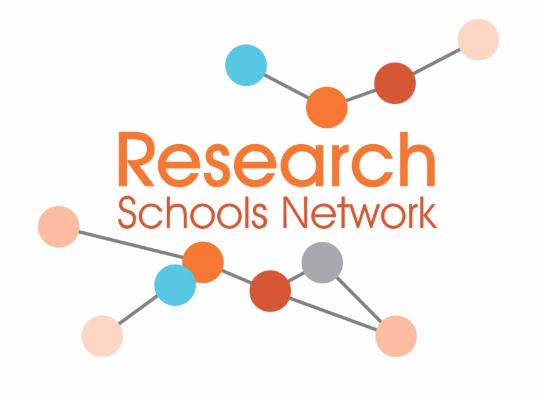Metacognition is the ability to reflect on and regulate one’s own thinking processes. It involves an understanding and an awareness of how we learn, think and problem-solve. Although metacognition is often thought of as thinking about thinking or learning about learning, it also requires us to recognise and manage our own learning behaviours.
Metacognition involves students being able to plan, monitor, evaluate and then make changes to their own learning habits. This self-awareness is not only beneficial for academic success but also for supporting lifelong learning.
According to the EEF Toolkit, metacognition is rated as very high impact for very low cost based on extensive evidence. Integrating metacognitive approaches into teaching practices has the potential to lead to an average of 7+ months additional progress for students.
Metacognition is important because it empowers students to take ownership of their learning. By understanding how they learn best, students can develop personalised strategies to tackle challenges effectively. This self-awareness encourages students to develop independence, autonomy and agency, all crucial attributes for lifelong learning.

